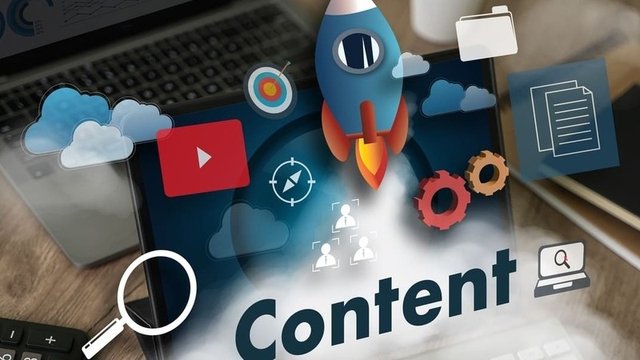
What is inbound marketing?
Jan. 2, 2025

Marketing is constantly evolving to reach new audiences and engage an increasingly distributed audience. One of the modalities that is revolutionizing the sector is inbound marketing, which is key to attracting and engaging consumers.
If you are interested in delving deeper into this approach, the degree in Marketing in Madrid at Universidad Europea is the ideal place to do so. Read on to discover the keys to this type of marketing.
What does inbound marketing mean?
Inbound marketing is a methodology designed to capture the attention of potential customers through relevant and personalised content. While traditional marketing focuses primarily on advertisements, this strategy seeks to be useful and gain the public's trust.
The goal is to attract users to a brand through strategies such as blogging, SEO optimisation and social media interaction. Unlike other types of marketing, here consumers end up finding the company themselves, rather than being interrupted by unsolicited advertising messages.
Key stages of inbound marketing
Inbound marketing is structured in four key stages that guide customer interaction:
- Attraction: focuses on engaging users through relevant content such as blogs, videos and social media posts, using SEO strategies to improve search engine visibility.
- Conversion: seeks to transform visitors into contacts through forms, landing pages and value offers, encouraging the user to share their data with the brand.
- Closing: consists of converting contacts into customers, personalizing interactions and facilitating the purchase decision.
- Delight: is based on exceeding customer expectations by offering support, additional content and exceptional attention. This fosters loyalty and encourages consumers to recommend the brand.
Applications and benefits of inbound marketing
Inbound marketing has multiple applications and can be very beneficial for both SMEs and large corporations. In the Degree in Marketing in Valencia or the degree in Marketing in Malaga at Universidad Europea, all the applications of this discipline are studied, but among its main advantages are the following:
- Customer loyalty: by providing relevant and quality content, brands achieve a closer relationship with their consumers, increasing the likelihood of repurchase.
- Generation of qualified leads: this approach attracts potential customers who are really interested in the products or services, so the conversion rate is higher than with other types of marketing.
- Increased awareness: through techniques such as SEO or social media marketing, it significantly improves the online presence of brands.
- Reduced advertising costs: by focusing on organic content and natural attraction, companies are less dependent on paid campaigns.
When is inbound marketing useful?
There are several situations in which inbound marketing can be the most appropriate option. For example, it is very common to use it for the following purposes:
- Product or service launches: it allows educating the public about the features and benefits of the product or service, generating prior interest.
- Loyalty strategies: it improves the long-term relationship with existing customers, since the personalized content offered helps them to solve doubts or problems.
- Creation of brand authority: companies that share relevant knowledge tend to be seen as benchmarks in their sector, increasing consumer confidence.
For this type of marketing to work, clear objectives must always be defined. For example, when a company is looking to attract a younger audience, inbound marketing can focus on creating interactive content or developing downloadable how-to guides. This complements other techniques such as experiential marketing and helps to further strengthen the emotional connection with consumers.
Inbound marketing success stories
Companies like HubSpot and Cyberclick are prime examples of how inbound marketing can transform a business. These brands not only use this methodology but have also made it the core of their operations. Through educational content, such as blogs and webinars, they have managed to attract millions of users interested in learning about digital marketing strategies. This approach has allowed them to position themselves as leaders in their industry and build a loyal customer base.
Other brands in more traditional sectors, such as banking or healthcare, have also found inbound marketing to be an effective way to humanize their services, proving that this methodology can be adapted to any industry. BBVA, for example, uses financial blogs to help customers make informed economic decisions, while Sanitas develops digital content and social media campaigns to inform about wellness
Inbound marketing is not just a strategy: it is a philosophy focused on delivering value to the customer. Implementing this approach in an organization is one of the many marketing and advertising career paths you can opt for. Remember: if you are interested in everything related to campaigns, sales strategies or digital and offline advertising, among other fields, you can access the different marketing careers at Universidad Europea and find the one you like best.